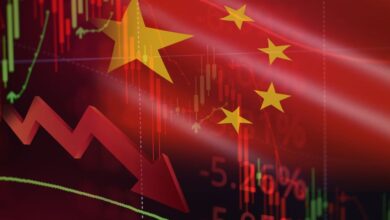Tesla’s Strategic Moves in China’s EV Market

In the rapidly evolving landscape of the electric vehicle (EV) industry, Tesla has encountered a series of challenges within the Chinese market. The company, renowned for its innovative approach to automotive technology, has recently experienced a downturn in vehicle shipments from its Giga Shanghai factory. According to preliminary data from China’s Passenger Car Association via Bloomberg, Tesla reported a 16% decrease in shipments from the previous month, a 19% drop from the same period last year and the lowest shipment total since December 2022. This decline in sales has coincided with the Chinese Lunar Holiday, traditionally a period of economic slowdown.
Tesla’s strategic approach in China has typically involved prioritizing international shipments at the beginning of each quarter, with a shift towards bolstering domestic sales as the quarter progresses. The recent figures have cast a shadow over the company’s growth prospects in a market that is crucial to its global expansion plans. In an effort to reinvigorate sales, Tesla has implemented a series of incentives, including price reductions on its Model 3 and Model Y vehicles, as well as offering insurance discounts, paint change discounts and preferential financing plans.
The Chinese EV market is characterized by its intense competitiveness. Tesla’s decision to lower prices mirrors a wider industry trend, as automakers grapple with a recent slowdown in demand. Even BYD, a leading force in the Chinese EV sector, has not been immune to the market’s fluctuations, reporting a 37% drop in its February sales. These aggressive pricing strategies are a testament to the lengths manufacturers are willing to go to in order to secure their market positions. The competitive pressures in China, Tesla does not face immediate competition from BYD in the United States. BYD has expressed no intention of entering the US market, with Stella Li, executive vice president of BYD and CEO of BYD Americas, citing the complexity of the market and increasing political resistance to Chinese companies as deterrents.
Tesla’s recent hurdles in the Chinese market highlight the complexities of sustaining growth in the world’s largest automotive market. The company’s adaptive measures in response to these challenges will be pivotal as it strives to maintain its standing in the competitive and ever-changing EV industry. The broader implications of these market dynamics are not limited to Tesla. They resonate across the global automotive landscape, where companies must continually innovate and adjust to preserve their value and relevance.
Source link



